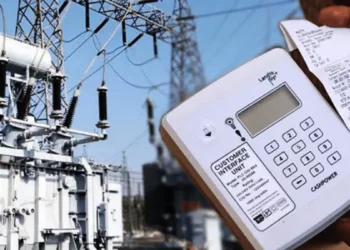In a recent market analysis, Bloomberg L.P., a prominent U.S.-based media company, has painted a bleak picture for the Nigerian Naira in 2024, predicting a sustained decline that could mark its poorest performance since 1999.
The Naira has undergone a substantial 55 per cent decline throughout the year, landing at approximately 1,043 per dollar as of Thursday, making it the worst-performing currency among 151 tracked by Bloomberg. This puts it behind only the Lebanese pound and the Argentine peso in terms of global depreciation.
Adding to the concern, the Naira experienced a new low against the dollar on Thursday, December 28th, 2023, at the official market, with the exchange rate hitting N1, 043.09 per dollar.
This signifies a significant depreciation of 16.35 per cent compared to its previous closing rate, raising alarm just days before the dawn of 2024. Notably, this is the second time the Naira has breached the N1, 000/$ threshold, indicating a considerable devaluation and sparking worries about its potential impact on the nation’s economy.
The market analysis further revealed that Nigeria’s foreign reserves have hit a six-year low, largely due to pending short-term overseas obligations. According to the Central Bank’s annual financial statement published in August, securities lending agreements with JP Morgan Chase & Co. and Goldman Sachs Group Inc. contributed to the decline, estimating Nigeria’s net FX Reserve to be around $3.7 billion—a sharp drop from the $14 billion reported at the end of 2021.
Vetiva Capital Management Ltd. suggests that unless President Bola Tinubu’s administration attracts international investors or increases oil production, the Naira’s decline may persist. Patrick Curran, a senior economist at Tellimer Ltd, emphasizes, “It’s clear that further devaluation—alongside tighter monetary policy—is needed to reduce imbalances in the FX market.”
Additionally, the analysis points out that a significant increase in external reserves, a material rise in foreign exchange inflows, and a reduction in money supply could positively impact the Naira.





